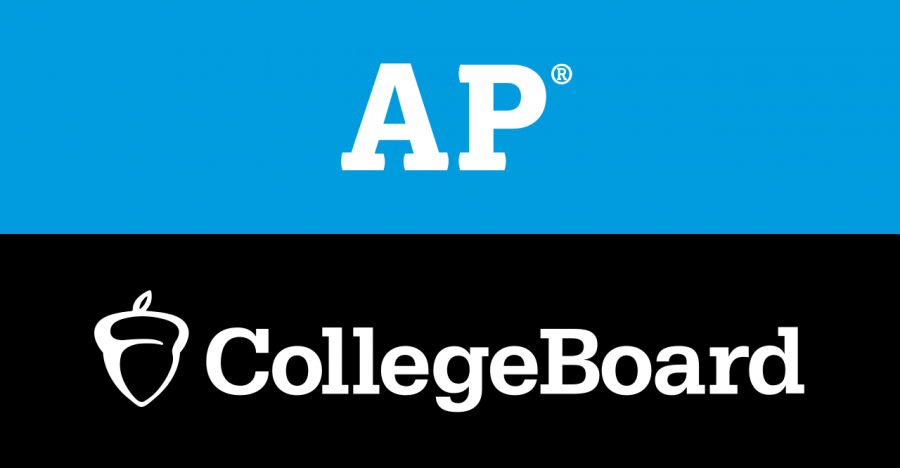2021 Digital AP Exams: Confusing and Disorienting
The last year of our lives has been contentious. With a pandemic halting the flow of the nation, high school students have lost some of the most critical years of their lives. Social events have stopped; distance learning has been in full swing for over one year. As this continues, the mental health crisis has only gotten worse as increasing numbers of high schoolers have been under more stress. Much of this stems from academic settings. Collegeboard’s 2021 online AP exams offer stressful testing that is both unfair and logistically tedious.
Firstly, the question setup of these exams must be addressed. Collegeboard has announced that the 2021 AP digital exam format will not allow students to go back and forth during questions. Not only does this add another layer of stress for test-takers, but also it goes against a lot of the advice and strategies that students in certain AP classes gathered over the year. For example, in the AP US History exam, students could ordinarily skim the entire paper and see what time periods to answer from first to better base the answers. They could plan out how much time to spend on each section or question. Other subjects such as AP Bio and especially AP English Language have similar strategies. The AP English Language exam’s multiple-choice section can be especially confusing to many students. In earlier years, they were advised to skip over what they did not know to save time. But now, test takers must get it right immediately, and if they are unable to, it will impact their score. Furthermore, many students approach questions differently. Not all of them go in order or answer everything chronologically. This year’s exams will prove to be a significant challenge for them. Not having the freedom to move past questions offers a challenge to those who have a habit of reviewing the exam before submitting or answering questions in a different order.
The software for taking AP exams is also unequal for different students. Although it is an improvement from last year, this software will still limit students with older technology such as older computers or softwares. The 2020 AP exam software was highly reliant on a good internet connection and extremely slow, forcing many to take the same exam twice due to results not submitting on time. This year’s software promises a seamless test experience regardless of internet connection or computer speed. However, it is still a limiting force in the exams. The app itself is large and can require as much as 1 GB of space depending on the number of exams the student is taking. Large apps are noticeably slower on older or slower computers. This means that a student with a high speed computer will simply have less trouble in installing this app than one with a slower computer. Additionally, the app cannot be accessed from a tablet or smartphone. Many students join classes from iPads or tablets, so this move offers a significant disadvantage to them. These students have worked from these devices all year, so suddenly switching to take an important exam will have a learning curve. All in all, while the software is better as it does not require high-speed internet, it still offers significant issues of compatibility.
Perhaps, the biggest and most hotly debated issue lies in the exam formats for this year. Nearly every exam has changed formats to better suit it online, and since Irvington will be offering the exams online only (with exceptions for language exams), this issue takes the podium. Simply put, the online versions of many AP exams are unfair and incomplete as they assess skills differently, struggle to represent a complete syllabus, and demand higher standards. One can see the AP US History exam as an example. This year, the exam will only have 5 SAQs and 1 DBQ, completely eliminating the LEQ and adding more SAQs. This standard is unfair as it weighs a student’s grade more on these skills. Students practicing for LEQs would also be put at a disadvantage since that skill will not even be tested anymore. The AP Physics 1 exam will also cut out units 8-10. Students who have succeeded in mastering certain standards will once again be left in the dark. Unfair testing formats will only contribute to the growing stress that students are facing.







